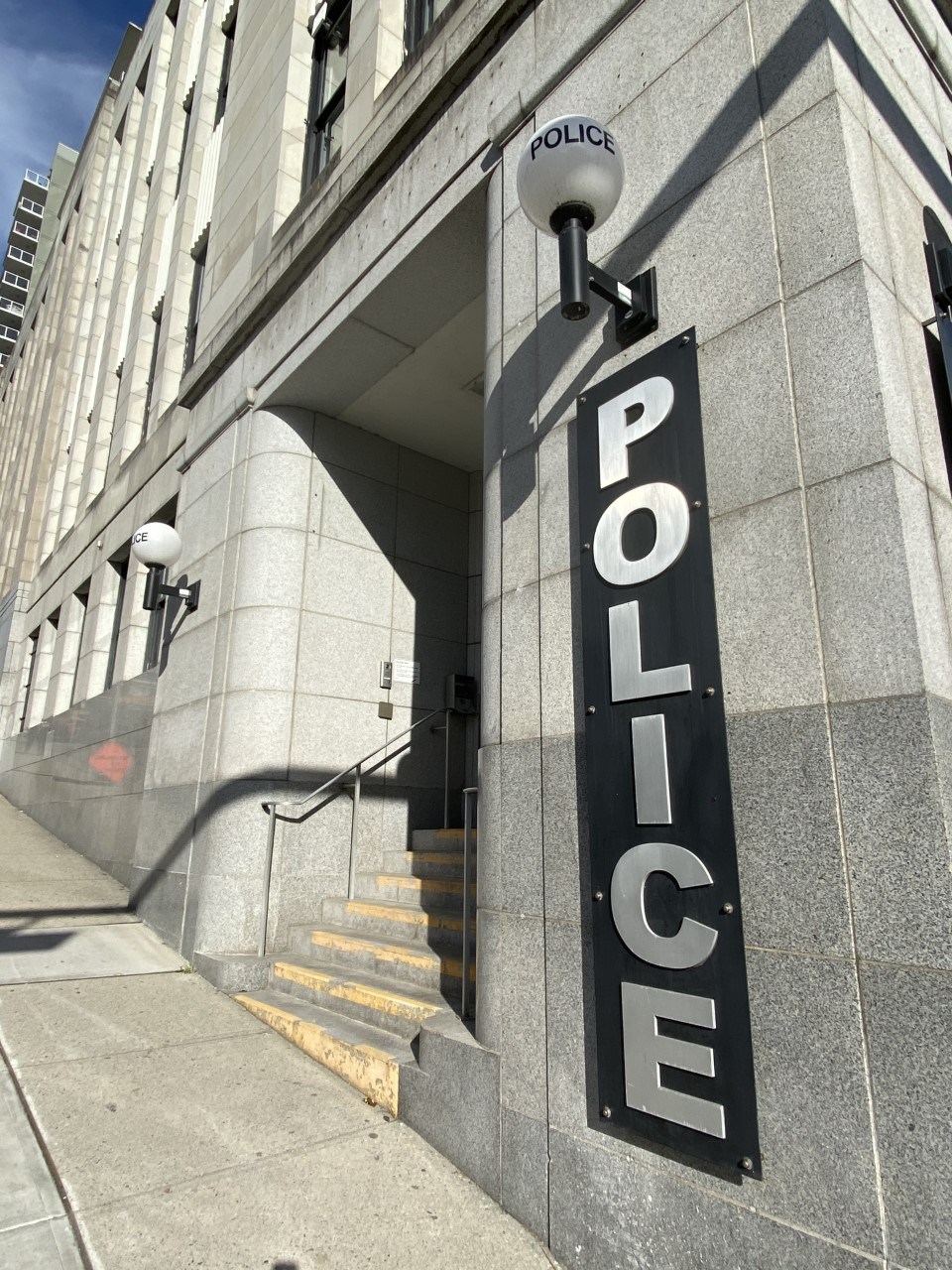New Westminster’s city council and police board are making attempts to improve dialogue, but some city officials think there’s still more work to be done.
At the end of May, council voted 5-2 in favour of a motion from Coun. Nadine Nakagawa to have council write to the police board requesting to engage in collaborative dialogue about the 2024 police budget on an ongoing basis beginning in spring 2023. The police board began discussing next year’s budget in June and held the first of several meetings with council on Sept. 14.
Thursday’s meeting began with presentations from the police and finance departments about what’s being proposed in the budget and challenges being faced by the department.
While the staff presentation was well laid out and informative, Nakagawa called the meeting set-up “a nightmare” as she had hoped for a more conversational and collaborative approach.
“I will say for myself, I was hoping for a conversation. … I guess I am constantly seeking collaboration, and this just feels like a super formal process where we are just sitting apart from each other,” she said.
At Thursday’s meeting, Nakagawa asked the chair (Mayor Patrick Johnstone, who also chairs the police board) to create opportunities for the board and council to have more informal conversations and relationship building in the future.
“City council had a really beautiful opportunity on Monday when the Ethiopian community came in to celebrate the Ethiopian new year. We had a coffee ceremony and we shared food and chatted, and there wasn’t an agenda,” she said. “That’s what I am seeking something is the spirit of that.”
To provide a more conversational discussion, Coun. Ruby Campbell suggested police board and council members should refer to each other by their first names and forego formalities like councillor and “your worship.”
Coun. Jaimie McEvoy said he “wouldn’t be able to do that” because he’s not familiar enough with some members of the police board.
“There might be some value in some other conversations to have,” he said.
Drew Hart, a member of the police board, agreed it would be good for the police board and city council members to get to know each other better.
Patrick Lalonde, a member of the police board, pointed out that board members are unpaid volunteers and often have full-time jobs.
“Our time is limited,” he said. “Schedules will have to align in some respect. This is not our jobs.”
Lalonde told council that, under the Police Act, boards are limited in terms of their scope.
“We cannot influence operations. That is strictly up to NWPD and the chiefs in terms of how daily operations run,” he said. “We are just responsible for strategy, the budget and so on. So, discussions – we are limited in terms of exactly what we are able to do, what our powers are.”
Johnstone said he would chat with council and the police board to see if “another form of meeting” could be set up, one centred around city council and police board members, rather than one that has staff leading the conversation.
Johnstone noted that council has limitations about what it can discuss as a group without a constituted meeting.
“And the police board has the same restrictions, when the police board gets together to talk about police board business. We have to have a constituted meeting, which has minute-taking and that type of thing,” he said. “But we can figure out a way to make that work and have some staff on to support us in having those meetings us without making it as formal as this, I think. We will just have to think creatively about how to do that.”
Johnstone said council’s meeting over coffee with members of the Ethiopian community was different than a meeting with the police board.
“We weren’t advancing city business in that meeting when we had the Ethiopian community come in,” he said.
The New Westminster police board is statutorily required (by the Police Act) to approve a provisional budget by Nov. 30. In response to requests from city council to have more input into the budget before it’s approved, council and the police board have set up several meetings to discuss the police department’s provisional budget before it’s submitted.
Lisa Spitale, the city’s chief administrative officer, said she understands council’s desire to have a more collaborative forum for addressing the police budget. She suggested a couple more meetings, which could be more like workshops, could be scheduled between council and police board between now and early November.
“At the end of the day, that Nov. 30 date is a hard deadline,” she said.




